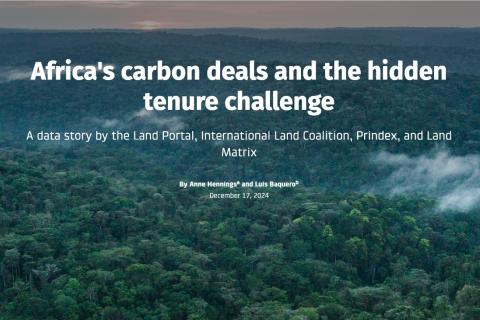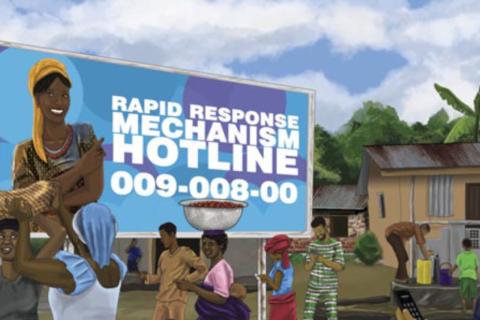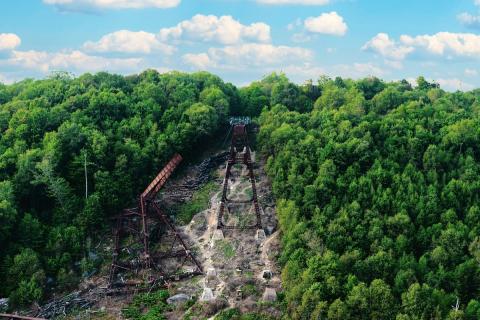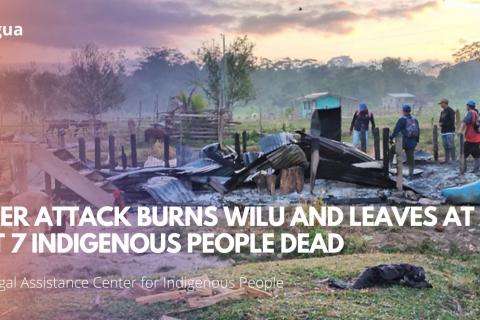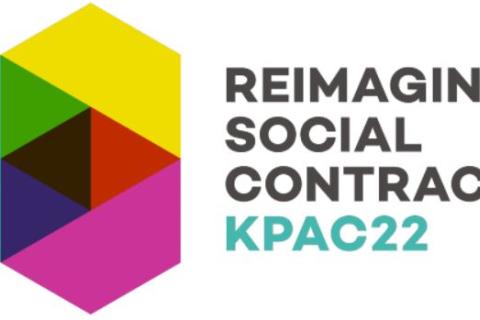Africa's carbon deals and the hidden tenure challenge
Observers marked 2023 as a “make-or-break” year for voluntary carbon markets and a key “inflection point” for their role in addressing climate change and global deforestation. Proponents highlight that forest carbon projects channel much-needed funds towards forest protection and are pivotal to climate change mitigation. However, critics emphasize that carbon deals set incentives for over-crediting. Moreover, carbon offsetting allows the biggest emitters to simply outsource their climate mitigation efforts with potentially adverse impacts for affected communities.

